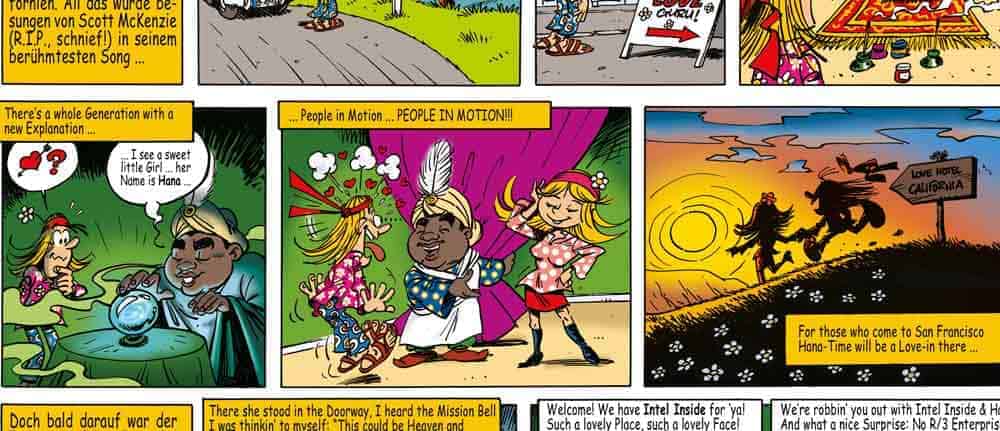Journey to Jerusalem


Journey to Jerusalem is an exciting game at children's parties. There is always one chair less than people present. When the music stops playing, everyone present must quickly find a seat. Whoever does not find a seat is eliminated.
Advantages in this game are a good ear and quick reactions. SAP's existing customers currently lack both of these qualities. In recent years, SAP has increasingly lost the ability to listen and to act on the basis of what it hears, see illustration.
SAP regularly comes up with interesting innovations, but these rarely meet customer requirements. Hana is a database innovation that perhaps only happens every 20 years in information technology. But SAP's existing customers were also very satisfied with IBM DB2, MS SQL Server and Oracle. There was no need for a new and exclusive database. Gentle pressure on the vendors would have been enough to motivate them to perform better. The Hana disruption was a culture shock for many existing SAP customers and not the result of their wishes.
But because SAP hears and considers the voice of existing customers less and less, SAP also finds less and less of a place in the IT hearts of its users. It almost seems to become a self-fulfilling prophecy: If SAP doesn't hear and deliver what users want and need, other IT vendors will take SAP's place.
When it comes to CRM, SAP seems to have just lost its place. Here, the musical chairs have gone in favor of Salesforce. And the music is already playing again, so SAP may lose the next round to ServiceNow. Anyone who has ever seen the game at a children's festival knows that it is a brutal game.
The situation is ambivalent because it is ambiguous: SAP's innovations testify to a high level of developer strength, comprehensive knowledge, and sustained staying power - but more and more often, SAP's inventions fail to meet market needs. Rise with SAP is an innovative approach - but does anyone in the SAP community need it? The qualities of Rise do not benefit the average existing SAP customer. The user doesn't want to get around the mountain quickly, but to quickly conquer a place for himself on the summit before the music stops playing.







